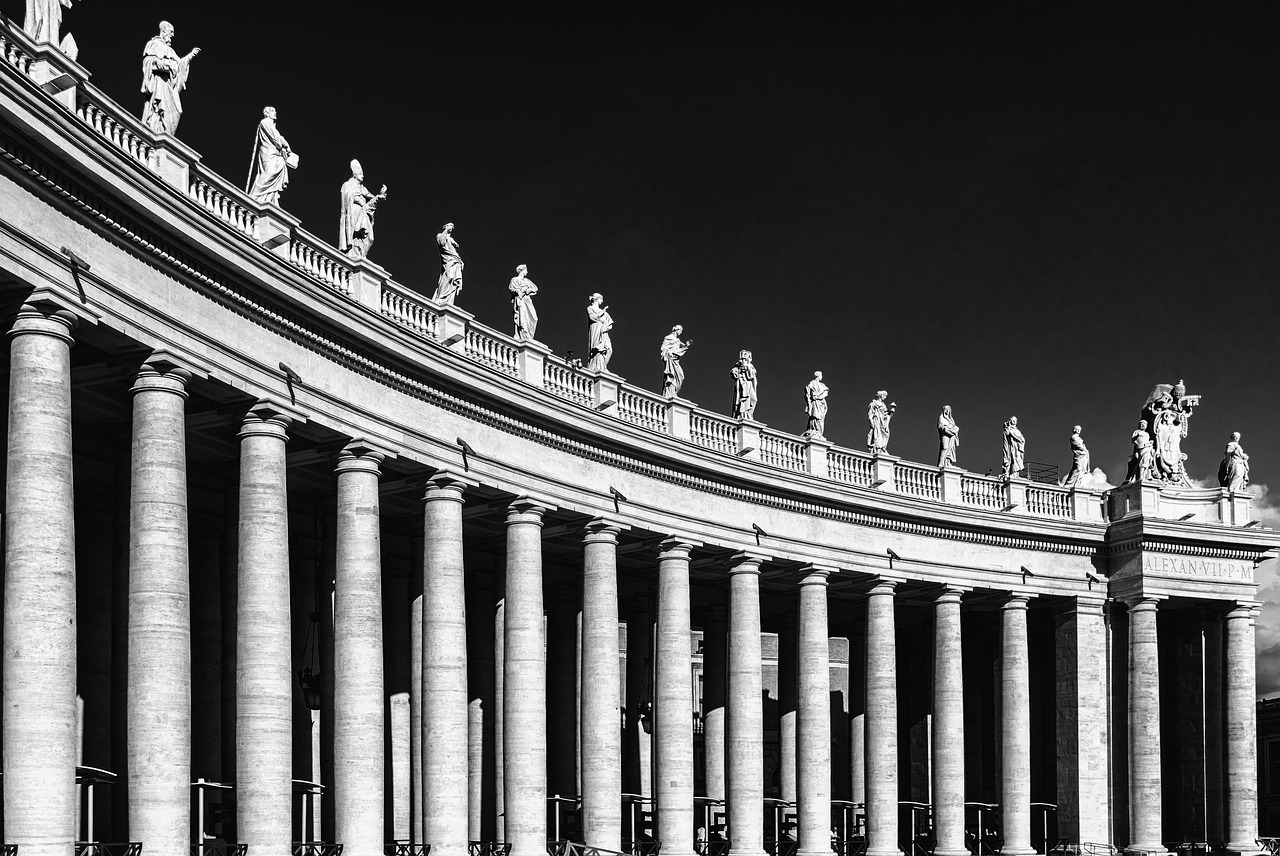Roman Religion: Key Beliefs and Practices in Classical Antiquity
Roman religion, also referred to as Roman mythology, encompasses the beliefs and practices of the inhabitants of the Italian peninsula from ancient times until Christianity’s rise in the 4th century CE, a period recognized as Classical antiquity. According to Cicero, a prominent orator and politician, the Romans distinguished themselves through their remarkable insight that all existence was governed by divine authority. However, the foundation of Roman religion was not purely rooted in divine benevolence but was grounded in a mutual trust (fides) between humans and deities.
The primary aim of Roman religious practices was to secure the favor and assistance of the gods (pax deorum), as divine support was believed to be essential for overcoming the unknown forces that evoked both dread and wonder (religio). To fulfill this aim, Romans adhered to a set of rules known as jus divinum (“divine law”), which specified actions to undertake or avoid. For extensive periods, these regulations lacked a clearly defined moral dimension, focusing primarily on the proper execution of rituals. Consequently, Roman religion emphasized worship rituals, which became associated with a strong sense of patriotic tradition.
The meticulousness and conservative nature of Roman ceremonies were striking. By stripping away later partisan layers, scholars can uncover remnants of ancient belief systems. In contrast to Greek religion, where early remnants tend to be obscured, Roman practices maintained closer ties to early customs. The Greeks had already evolved sophisticated and daring views of divinity, whereas Romans remained grounded in their traditional practices. Furthermore, until they were influenced by the Greeks, Romans did not possess the same inclination to anthropomorphize their gods or develop intricate mythologies.
In truth, Roman mythology is notably limited. Recent archaeological discoveries, especially in Etruria (located between the Tiber and Arno rivers), suggest that while the Romans had some mythological elements, their mythology is largely sparse. What exists often reflects a form of pseudomythology, as Romans incorporated Greek mythical elements into their own national and familial narratives.
Significantly, Roman religion did not adhere to a specific creed; thus, as long as the correct religious rituals were performed, personal beliefs regarding the gods were largely unregulated. This absence of a formal doctrine led to a prevalent view that emotions had no place in religious practice. Despite this detachment, the ancient elements of Roman religion remain challenging to reconstruct. The primary literary references come from antiquarians and poets from the 1st century BCE, such as Varro and Verrius Flaccus, who wrote centuries after Rome’s inception. Their writings, influenced by Greek customs and myths, often resulted in misleading interpretations of the Roman past.
To fill in the gaps left by these sources, scholars rely on surviving religious calendars, inscriptions, and a wealth of artifacts including coins and artistic works, which often offer cryptic insights into their religious practices.
Early Roman Religion
The study of early Roman religion relies heavily on archaeological findings, which, though limited, suggest that the origins of Roman religious practices began as early as the 1st millennium BCE. Various groups, including Latin and Sabine shepherds and farmers, settled areas that would become Rome, with the Latins residing on the Palatine Hill and the Sabines likely on the Quirinal and Esquiline Hills. By around 620 BCE, these communities had merged, leading to the establishment of the Forum Romanum as the central gathering and marketplace around 575 BCE.
Deification of Functions
Evidence indicates that early Romans, similar to many Italians, ascribed divine significance to specific functions and actions within human life, such as childbirth or the opening of doors, as well as phenomena in the natural world, including solar movements and seasonal changes. Such reverence extended not just to regular occurrences but also to extraordinary manifestations, exemplified by mysterious occurrences like the voice of Aius Locutius, which purportedly guided them in critical moments.
This belief system led to a proliferation of functional deities, creating a form of “religious atomism” where numerous powers were recognized, each associated with particular aspects of life. The attributes of each deity were sharply delineated, requiring the faithful to invoke them by their proper titles to gain their favor. It was often prudent for worshippers to acknowledge the possibility of an “unknown” deity or use inclusive phrases like “or whatever name you want to be called” to ensure thorough reverence.



